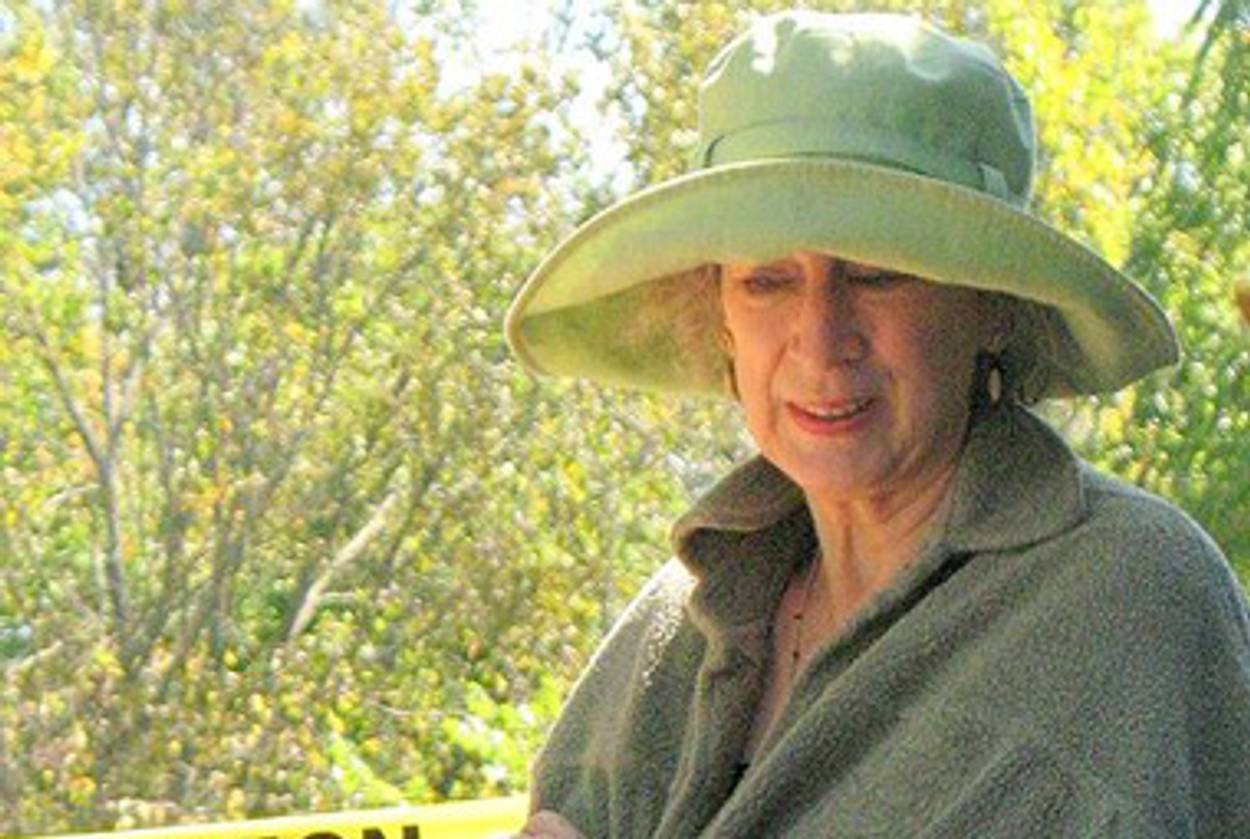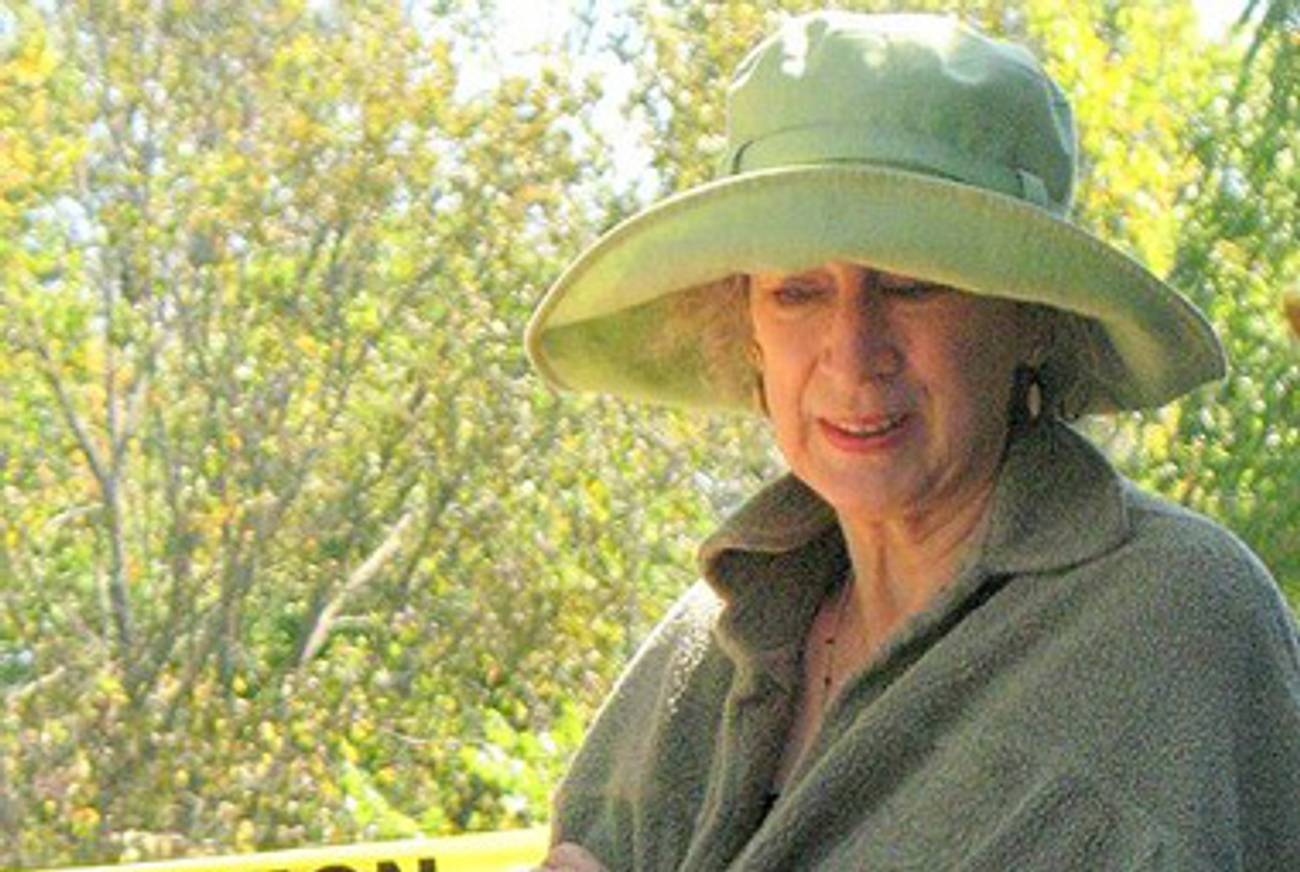Novelist Atwood Boycotts Boycotts
Accepts Israeli prize in face of opposition




Canadian writer Margaret Atwood—best known for her novels, including The Handmaid’s Tale and The Blind Assassin—has been made controversial for her acceptance of Tel Aviv University’s Dan David Prize, for “outstanding contribution to humanity.” Some had called for her to refuse the award in protest of … well, you know.
What makes this incident more interesting than a run-of-the-mill Israel-related controversy is that Atwood offered a staunch defense of her decision without making any sort of argument about Israel, the Palestinians, or Gaza. Rather, she opposed the very idea of a cultural boycott:
We don’t do cultural boycotts. I would be throwing overboard the thousands of writers around the world who are in prison, censored, exiled and murdered for what they have published. Why do these things happen to artists? It’s easy. Artists don’t have armies. What they do is nuanced, by which I mean it is about human beings, not about propaganda positions. They are going to offend someone no matter what they do. They are easy targets. They have names but no armies.
Irish composer Raymond Deane responded angrily. While most his rebuttal is premised on a condemnation of “the tissue of lies that the Zionists and their defenders have woven,” at one point he argues, “Culture is not a sacred realm floating far above the tribulations of the real world, and … artists in Israel and elsewhere are all too often complicit in the crimes of their governments—either by their silence, or by their willingness to allow their work and their presence to be appropriated by oppressive states.”
Atwood Says ‘We Don’t Do Cultural Boycotts’ and Accepts Israeli Prize [ArtsBeat]
Atwood Accepts Israeli Prize, Defends ‘Artists Without Armies’ [Bloomberg]
Open Letter to Margaret Atwood: Reject Tel Aviv University Prize [Oregon Salem-News]
Marc Tracy is a staff writer at The New Republic, and was previously a staff writer at Tablet. He tweets @marcatracy.